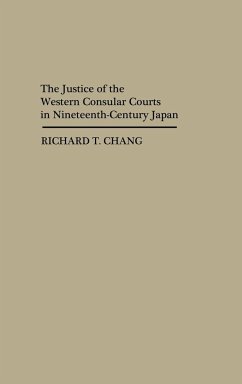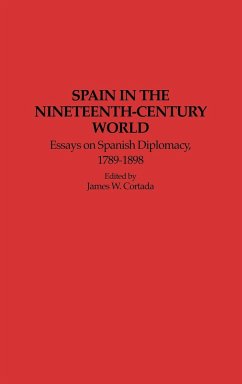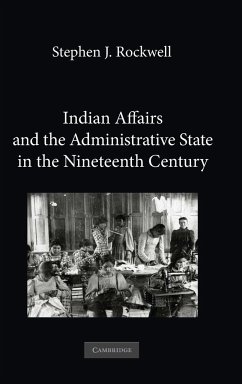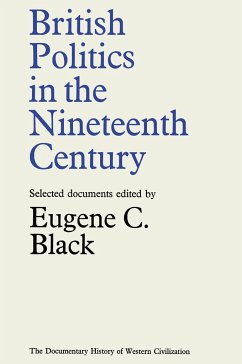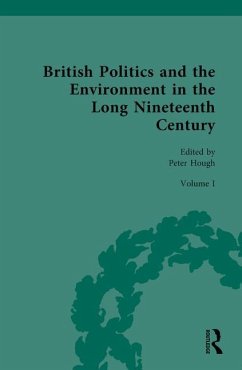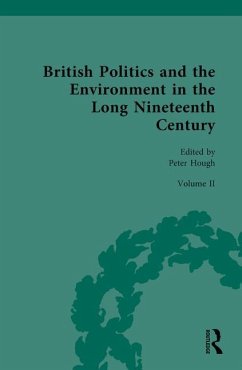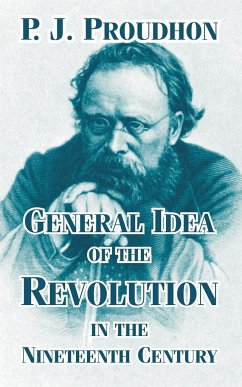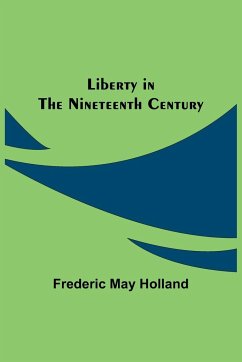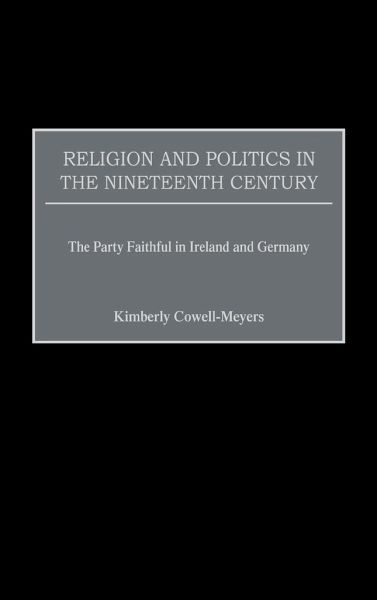
Religion and Politics in the Nineteenth-Century
The Party Faithful in Ireland and Germany

PAYBACK Punkte
35 °P sammeln!
Cowell-Meyers examines the continued sectarian conflict on the island of Ireland from a comparative and historical framework. Analyzing the process through which sectarian conflict was managed on the continent, she identifies the unique evolution of the Irish situation. Whereas European Catholics, such as those in the new Germany, developed an institutional pillar to defend themselves and protect their interests in the modern plural state, Irish Catholics developed a radical nationalist movement in the same period at the end of the 19th century. As elements of the British political system push...
Cowell-Meyers examines the continued sectarian conflict on the island of Ireland from a comparative and historical framework. Analyzing the process through which sectarian conflict was managed on the continent, she identifies the unique evolution of the Irish situation. Whereas European Catholics, such as those in the new Germany, developed an institutional pillar to defend themselves and protect their interests in the modern plural state, Irish Catholics developed a radical nationalist movement in the same period at the end of the 19th century. As elements of the British political system pushed the Irish Catholic mobilization toward more separatist goals and means, they thwarted the process of accommodation seen in other European settings. The shape and dynamics of Catholic mobilization in the last three decades of the 19th century set Catholics and Protestants on a path toward the management of sectarian conflict in Germany and continental Europe and toward the perpetuation of conflict in Ireland. Much like conflict resolution literature, as well as liberal and pluralist theory mischaracterizes the role of exclusive voluntary associations in the amelioration of conflict, Cowell-Meyers asserts that voluntary organizations, if they are encouraged to do so as they were in continental Europe in the late 19th century, can provide the channels through which intense conflicts are managed. Although exclusive mobilizations reinforce social cleavages, careful handling may make them constructive political formations that allow for the channeling of differences. Of particular interest to scholars, students, and other researchers involved with peace and conflict resolution, religion and politics, and the history of modern Ireland and Germany.





